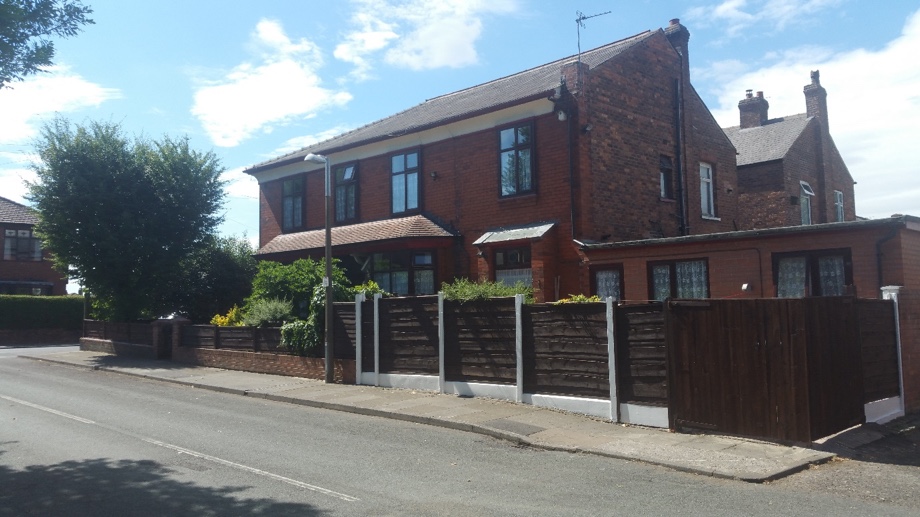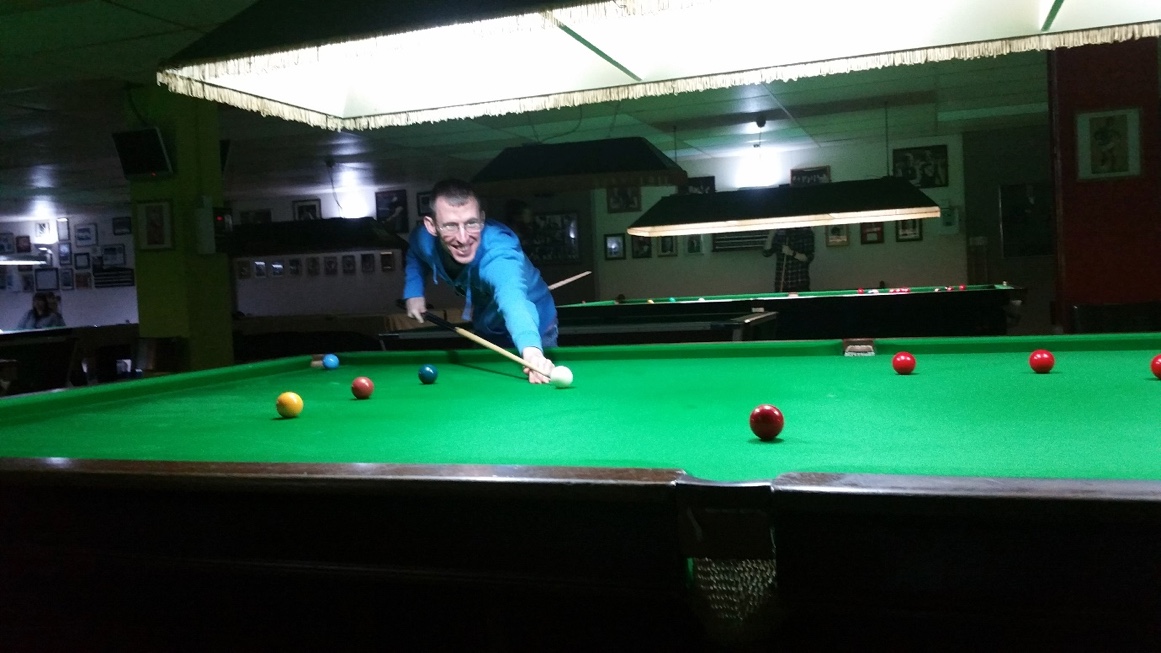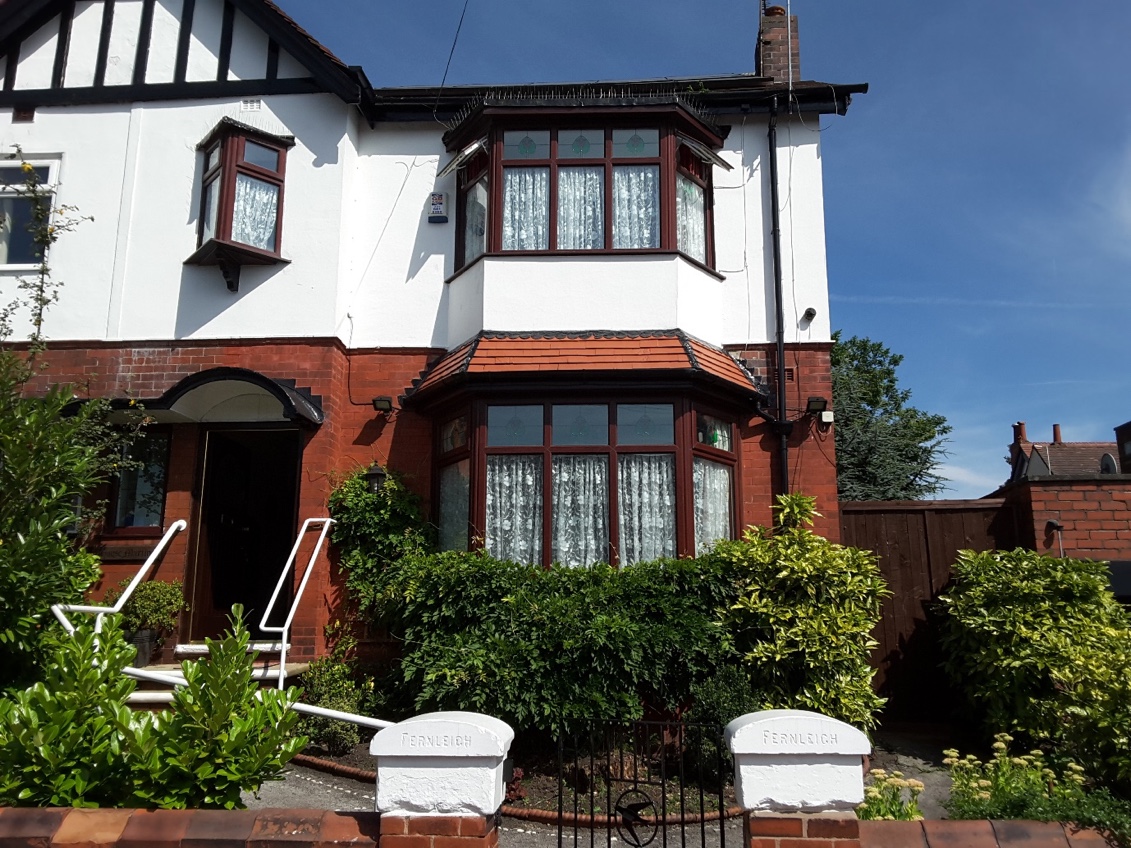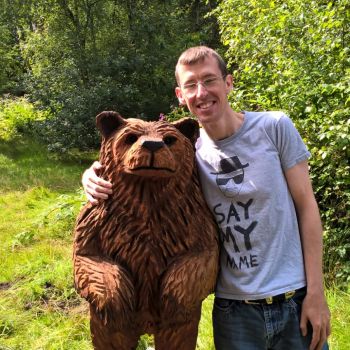Residential Care
Our Residential Care homes are Supportive, Safe, and are designed to meet the needs of the people we support within local communities.
Each of our residential services is unique and accommodates people in smaller settings and whilst complying with regulations, they are as homely as possible and are indistinguishable from neighbouring dwellings. Our services do not exceed 5 persons and are compliant with CQC published best practice in “Registering the Right Support” This small scale model helps meet the needs of people and offers a more person centred experience.
Homes are modified where appropriate and an example of this is the flashing door bells and the flashing light fire alarms. This creates more independence and meets the needs of people we support and also assists members of the staff team who are Deaf or have hearing limitations.
We operate a keyworker system and develop our own person centred support plans. Time is spent listening to, and understanding, a person. We learn about what’s important to them, their wants and needs, and how they would like to live their life. We then work closely with them, their family, and other support professionals to create a person centred plan. This sets out what their goals are and how we will work together to help them achieve them.
A person centred plan is an evolving document which is regularly updated as needs change. It’s also regularly referred to by everyone involved so that we can ensure we’re working together to provide consistent, appropriate support. It is the basis for reviewing support provided and the outcomes being achieved.
Positive Behavioural support plans are also utilised where appropriate. We take a person-centred approach and find out the reasons behind an individual’s frustrations and produce support plans and strategies to reduce behaviours that might be inappropriate, which in turn improves the person’s quality of life.
In the latest infection control audit carried out by the local council, House Martins have been awarded a score of 100%. We have also achieved the highest rating for food safety and hygiene from the Food Standards Agency.
Number One

“Number One” was opened in 1991 and was the first small residential care home in the UK to provide a signing environment for five young adults who are Deaf with additional needs (including autism, epilepsy and minor mental health problems).
We named the home, “Number One”, firstly because it is the house number on the street and secondly it is a name that translates readily into British Sign Language and helps supported individuals to learn, very quickly, how to communicate their address.
“Number One” is situated in a residential area of Salford, Greater Manchester and is within easy reach of shops, public transport, motorways and only three miles from Manchester City Centre. It is a five bedroomed semi-detached house similar to surrounding houses.
The property has bedrooms on the ground floor as well as bedrooms on the first floor. Each room has a wash basin and one also has a shower room. There are private gardens to the front and side and a decking area with garden furniture and a BBQ.
The CQC commented that House Martins employed staff who were either from the deaf community or had experience in their personal lives of supporting people who were deaf. “All the staff we spoke with had excellent values and cared about the people they supported”.
Staff commented in the same inspection report, “I love working with the residents. We are like a family” and “Treat people how you want to be treated. We are here to help them live life as best they can.”
The report concluded stating that Continuity of staff and continuity of people living in the home enabled the service to develop excellent methods of communication that included British Sign Language (BSL).

Number Two

Eighteen months after opening Number One, commissioners asked us to open a second service nearby to fulfil demand for placements. By good fortune the street number of this second property happened to be Number Two, so we adopted this as the name of the service.
Number Two was opened in March 1993 and also cares for five younger adults with the same criteria as Number One i.e. to provide a signing environment for five young adults who are Deaf with additional needs (including autism, epilepsy and minor mental health problems).
Number Two is situated in a residential area of Salford, Greater Manchester and is within easy reach of shops, bus routes, tram routes, motorways and only three miles from Manchester City Centre. It is a five bedroomed semi-detached house similar to surrounding houses.
The CQC commented:
“People were very pleased with the activities available and felt that this was a particular strength of the service. One parent described how her son had developed a number of new interests and hobbies whilst being supported by House Martins staff”.
A CQC Inspector also noted that “through the use of an independent British Sign Language interpreter, we spoke at length with an individual about their experiences of living at House Martins and about going to work each day. This person told us, “I really love going to work. I deliver post around the building, do some filing and I collect the tea and coffee money. I also do lots of other things that I really like to do. I also talk a lot to other people which I enjoy.” This person went on to tell us how much they enjoyed living at House Martins; they told us, “I love all of the staff and they help and support me very well each day. I have my own bedroom and a television which I chose myself.”




